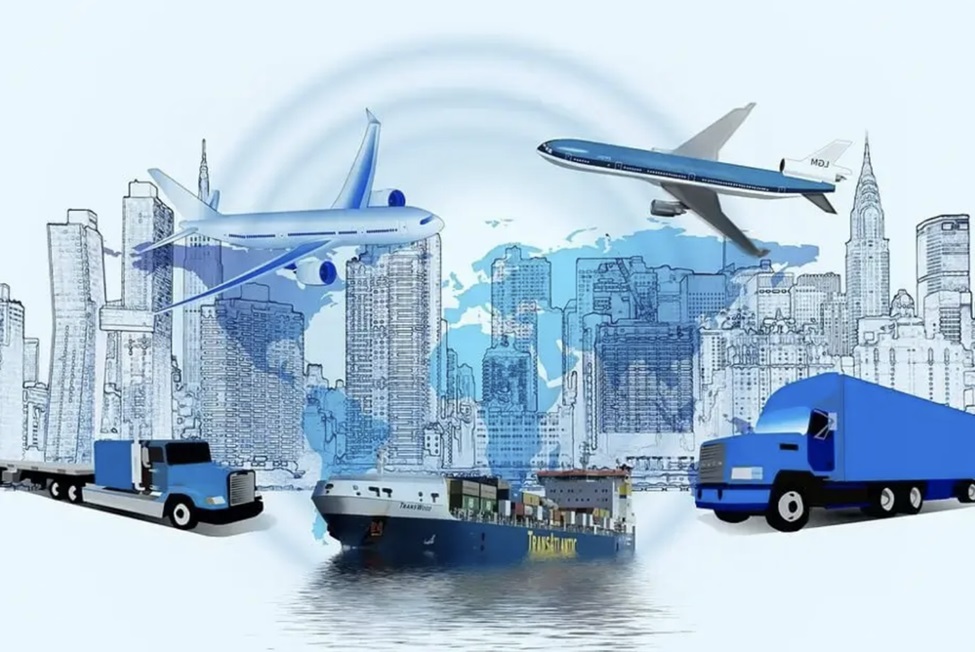
As the global business landscape continues to evolve at a breathtaking pace, the significance of efficient supply chain management cannot be understated. Amidst this backdrop, third-party logistics (3PL) providers have emerged as crucial facilitators of logistics and supply chain solutions, catering to diverse industries worldwide. In 2024, understanding the role and potential of 3PL services is more important than ever for businesses looking to thrive in an increasingly competitive and interconnected market.
A Brief Overview of 3PL
At its core, 3PL refers to the outsourcing of logistics and distribution functions by businesses to external specialists. These providers offer a range of services, including transportation, warehousing, picking and packing, inventory management, and freight forwarding.
The Evolving Role of 3PL in 2024
Enhanced Technological Integration
The role of proven third party logistics providers has significantly expanded with the advent of cutting-edge technologies. In 2024, these services are not just about transportation and warehousing; they’re about delivering comprehensive, tech-driven solutions. The integration of technologies such as the Internet of Things (IoT), artificial intelligence (AI), and blockchain into logistics operations has enabled real-time tracking, predictive analytics, and enhanced security in supply chains. 3PL providers are at the forefront of deploying these technologies, offering clients more visibility, accuracy, and efficiency in their logistics operations.
Focus on Sustainability
Sustainability has become a buzzword in every sector, and logistics is no exception. Companies are increasingly held accountable for their environmental impact, making sustainable practices a necessity rather than a choice. Third-party logistics providers are stepping up by offering greener logistics solutions, including optimizing routes to reduce fuel consumption, utilizing eco-friendly packaging, and employing electric vehicles for transportation. In 2024, the role of 3PLs extends to being key contributors to a company’s sustainability goals, facilitating greener supply chains that appeal to eco-conscious consumers.
Customization and Flexibility
The demand for personalized services and the need for scalability in operations have highlighted the importance of customization and flexibility in 3PL offerings. As businesses strive to meet the ever-changing consumer expectations, the ability to quickly adapt and customize logistics operations has become critical. 3PL providers in 2024 are more adept at offering tailored solutions that can scale up or down based on the client’s requirements, enabling businesses to efficiently manage their resources and respond to market demands.
Srengthening Global Networks
In an age where businesses are increasingly global, the ability to navigate international logistics efficiently is vital. 3PL providers play a crucial role in facilitating global trade by leveraging their extensive networks and expertise in regulatory requirements, customs procedures, and international shipping. In 2024, these providers will be instrumental in connecting businesses with international markets, simplifying the complexities of cross-border transactions, and ensuring the smooth flow of goods across the globe.
Investments in Automation and Robotics
Investments in automation and robotics have become increasingly prominent within the 3PL sector in 2024. Logistics providers are adopting automated technologies in their warehouses and distribution centers to enhance productivity, reduce errors, and accelerate order fulfillment processes. For instance, robotic process automation (RPA) is utilized for routine tasks, while automated guided vehicles (AGVs) are used for materials handling. These technology-driven innovations are enabling 3PL providers to offer faster, more efficient services, accommodating the rising demand for same-day deliveries and tighter delivery windows.
The Move towards Integrated Solutions
In 2024, businesses are seeking more than isolated logistical services from their 3PL providers; they’re looking for integrated end-to-end solutions. This move towards integration can be seen in the growing demand for 4PL, or fourth-party logistics services. 4PL providers act as a single interface between a business and its complex network of logistics service providers, overseeing and optimizing the entire supply chain. This reflects a broader industry shift, with more businesses preferring to outsource their complete supply chain management to a single, trusted partner capable of delivering integrated and coordinated services.
Increased Emphasis on Risk Management
In a world facing a gamut of potential disruptions – from global health crises and political upheavals to weather-related interruptions and cyber threats – risk management becomes imperative. Third-party-logistics providers in 2024 played a crucial role in enhancing the resilience of their clients’ supply chains. They offer comprehensive risk assessments, develop mitigation strategies, and ensure contingency plans are in place.
Conclusion
The landscape of third-party logistics in 2024 is dynamic and increasingly vital to the success of businesses across various sectors. By offering technologically advanced, flexible, and sustainable logistics solutions on a global scale, 3PL providers are not just facilitators but strategic partners in the growth and expansion of businesses. Understanding and leveraging the potential of 3PL services is indispensable for companies aiming to excel in efficiency, sustainability, and global reach, driving success in the competitive marketplace of 2024.







